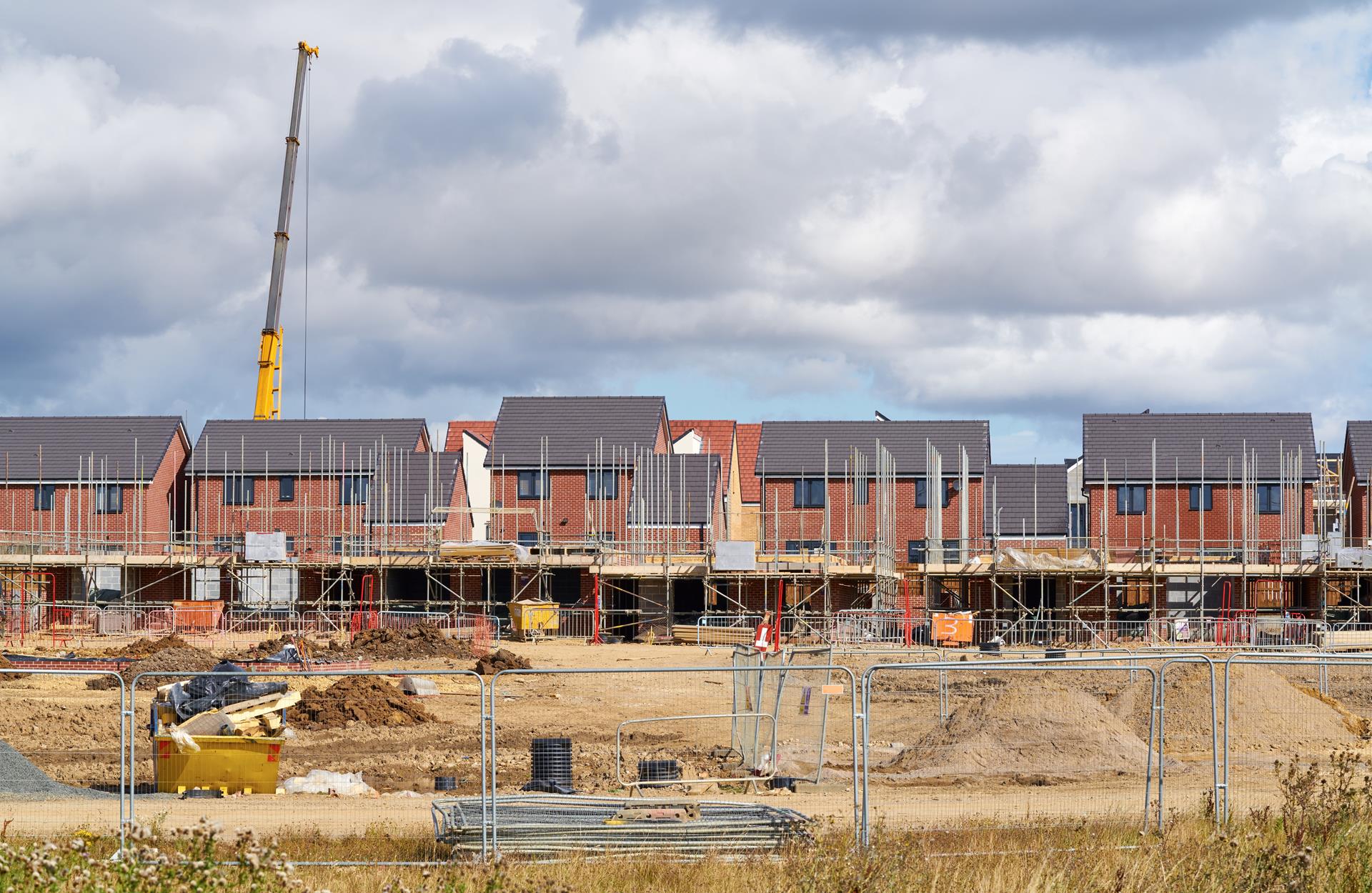
The Planning & Infrastructure Bill: What are the details?
Wed 19 Mar 2025
The Government’s Planning and Infrastructure Bill, which received its second reading in the House of Commons recently, is aimed at significantly overhauling the planning system to promote economic growth and streamline the approval process for infrastructure projects.
Labour’s ‘Plan to Change’ and Housing Goals
The Bill is part of Labour's 'Plan to Change' pledge to deliver 1.5 million homes and support the delivery of its clean growth and energy mission by 2030 as well as legislate for the updated National Planning Policy Framework (NPPF), published in December.
Reforming Bureaucratic Hurdles
One of the key aspects of the Bill is the reform of bureaucratic hurdles that have historically slowed down the approval of projects.
By introducing a national scheme of delegation, the government will curtail the role of Local Authority Planning Committees, cutting bureaucratic red tape and expediting the development of new housing and national infrastructure projects such as the expansion of airports, data centres and renewable energy.
Regional Strategic Approach to Planning
The Bill also introduces spatial development strategies which will reintroduce a more regional strategic approach to planning by requiring multiple local planning authorities to work together.
Removal of ‘Hope Value’ in CPOs
However, also in the detail of the Bill is the proposed removal of ‘hope value’ for the assessment of any compensation paid where a Local Authority acquires land without the consent of the owner (i.e: Compulsory Purchase – CPO). This has to be for a project deemed to be in the public interest - for example, for affordable housing schemes.
The Government intends for greater use of compulsory purchase orders (CPOs), which allow public authorities to acquire land without the consent of the owner.
Currently, councils buying sites through CPOs must factor in the 'hope value' - the potential value if planning permission for development is secured - and this is set to be removed to allow land to potentially be bought at a lower price.
It was announced this is aimed at land in urban areas and the Government has reassured the changes are not targeting farmers nor landowners and that the Bill does not change the core principles of compulsory purchase - more details are due on this soon.
We at Brown&Co will be firmly against any attempts to CPO land for development that does not fully affect open market development or hope values.
Strengthening Development Corporations for New Towns
Another noteworthy intention of the Bill is it sets out powers to facilitate the Government’s new town plans including strengthening Development Corporations.
These are the Government's plans to deliver up to 12 new towns in the near future, including Tempsford on the doorstep of our St Neots office.
Reforming the National Significant Infrastructure Projects Regime
The Bill also proposes reforms to the National Significant Infrastructure Projects regime to modernise the planning process for large infrastructure projects (such as larger scale and solar which, as a firm, we are heavily engaged with.)
Introducing a Nature Restoration Fund
A nature restoration fund will be initiated, to which developers will be able to contribute. The government proposes that this will allow developers to 'meet their environmental obligations faster and at a greater scale by pooling contributions to fund larger environmental interventions.'
Modernising the Planning System
Overall, the Planning and Infrastructure Bill represents a much needed potential positive step towards modernising the planning system and freeing up the endless costly delays, constraints to development and inactivity caused by the current process.
However, we need to understand more the consequences for landowners of potential CPO powers being used.
By prioritising growth and reducing bureaucratic barriers, the government aims to deliver much-needed housing and major infrastructure projects faster.
It is hoped that these reforms will have a transformative impact on housing delivery and the economy, helping to achieve the government's ambitious goals for growth and development.
For more information or guidance with Planning matters, please contact Simon Tindle, Planner, in St Neots on 01480 479078 or 07989 999 571 or Matthew Rooke, Planner, in Norwich on 01603 629871 or 07553 710.
Keep updated
Keep up-to-date with our latest news and updates. Sign up below and we'll add you to our mailing list.
 Brown&Co
Brown&Co
